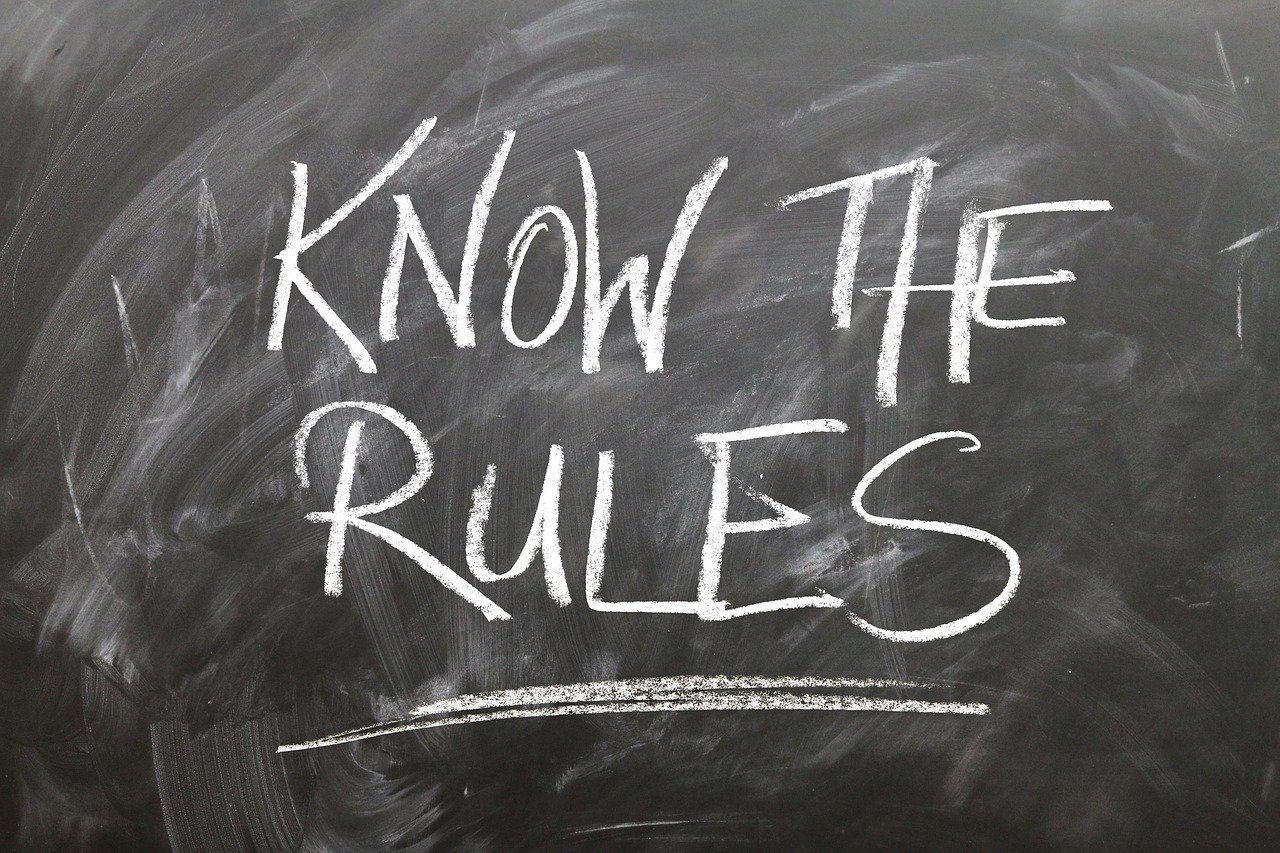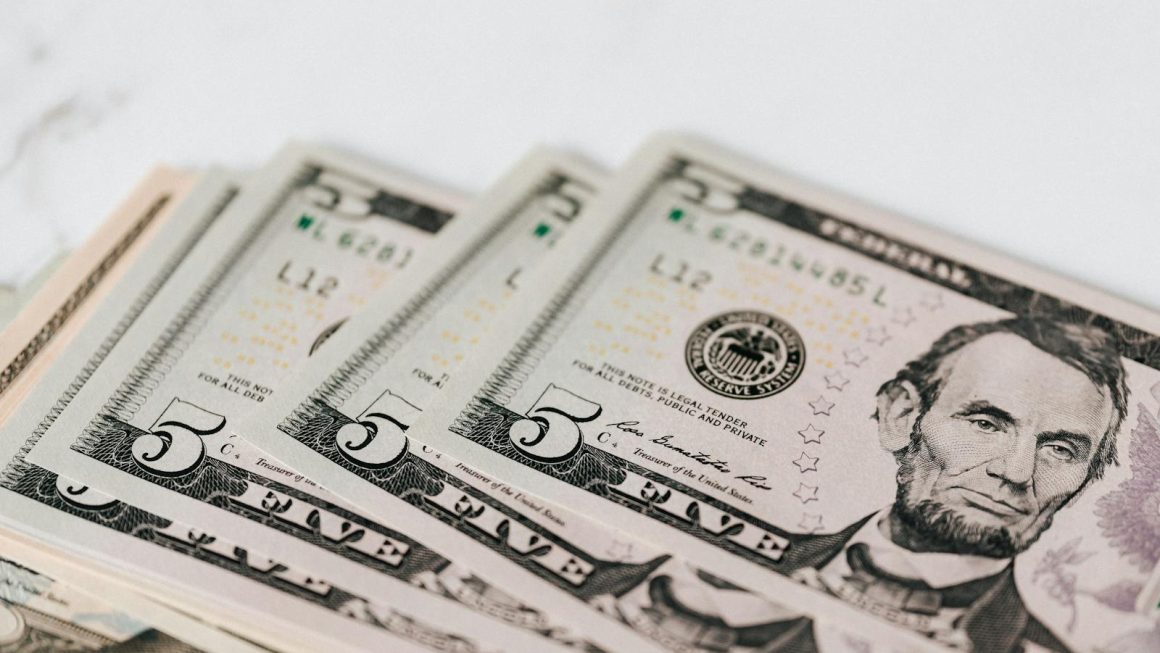The 30-day rule is a personal finance strategy that encourages individuals to wait for 30 days before making non-essential purchases. The rule is designed to help individuals avoid impulsive buying decisions and promote mindful spending.
Here’s how the 30-day rule works: When you come across an item that you want to purchase but don’t necessarily need, instead of buying it immediately, you wait for 30 days. During this waiting period, you take the time to evaluate whether the purchase is truly necessary or if it’s just a fleeting desire.
By implementing the 30-day rule, you give yourself a cooling-off period to consider the potential impact of the purchase on your finances. It allows you to reflect on whether the item aligns with your financial goals, fits within your budget, and brings long-term value or satisfaction.
If, after the 30-day period, you still believe that the purchase is worthwhile and aligns with your financial priorities, you can proceed with buying it. However, more often than not, the waiting period helps individuals realize that they can live without the item or find alternative solutions, ultimately curbing unnecessary spending.
The 30-day rule serves as a tool to promote mindful and intentional spending, helping individuals prioritize their financial goals and avoid impulsive purchases that may lead to financial strain or regret.




